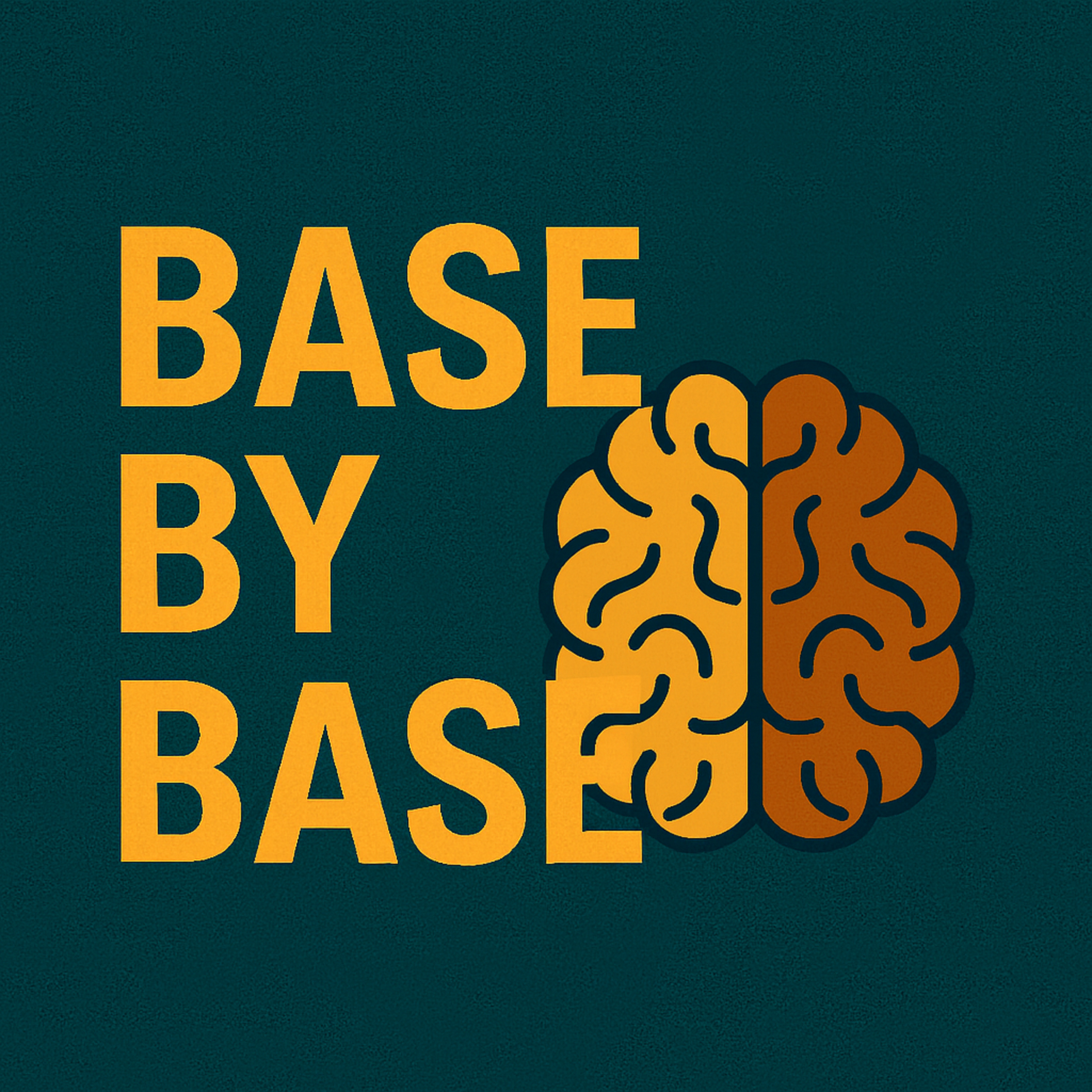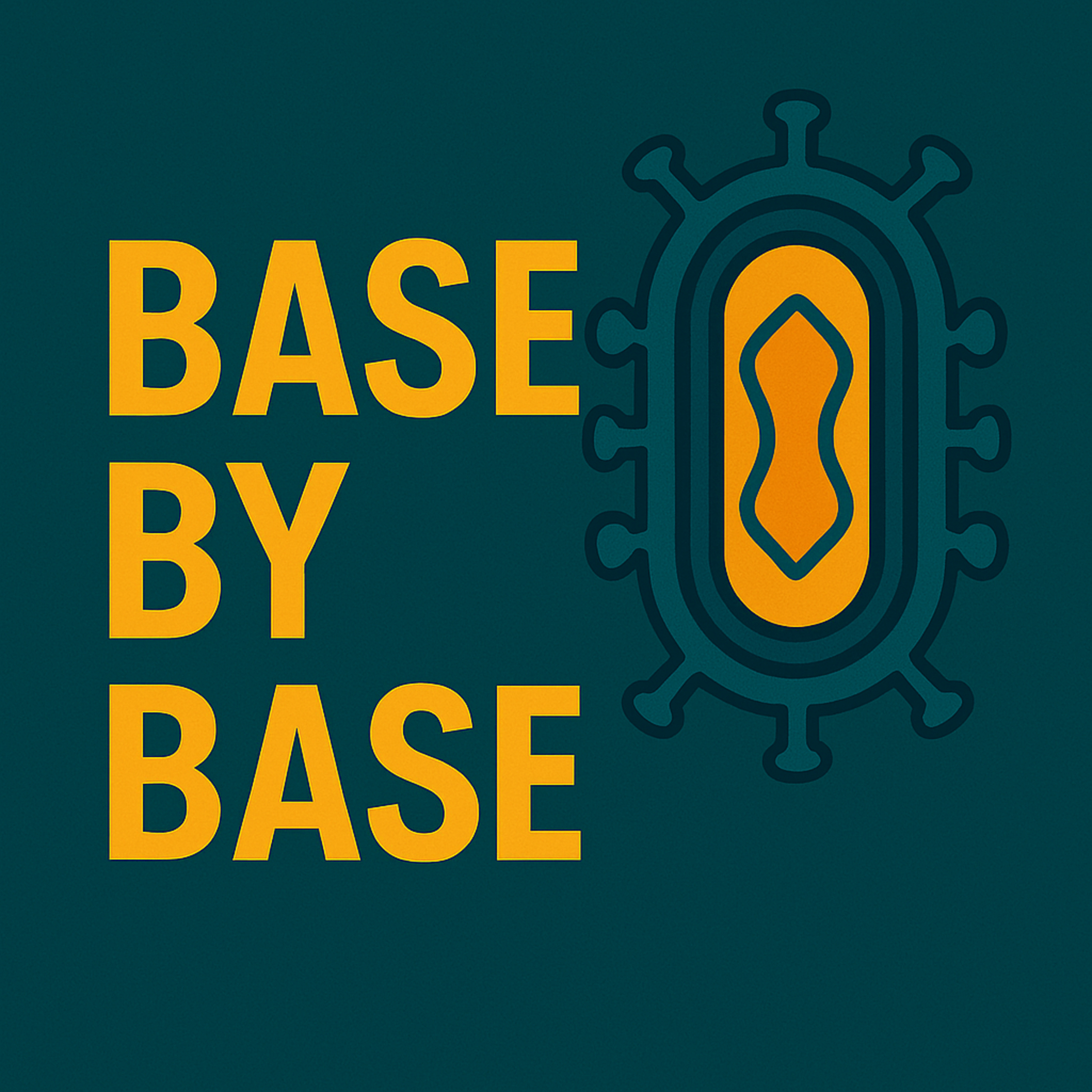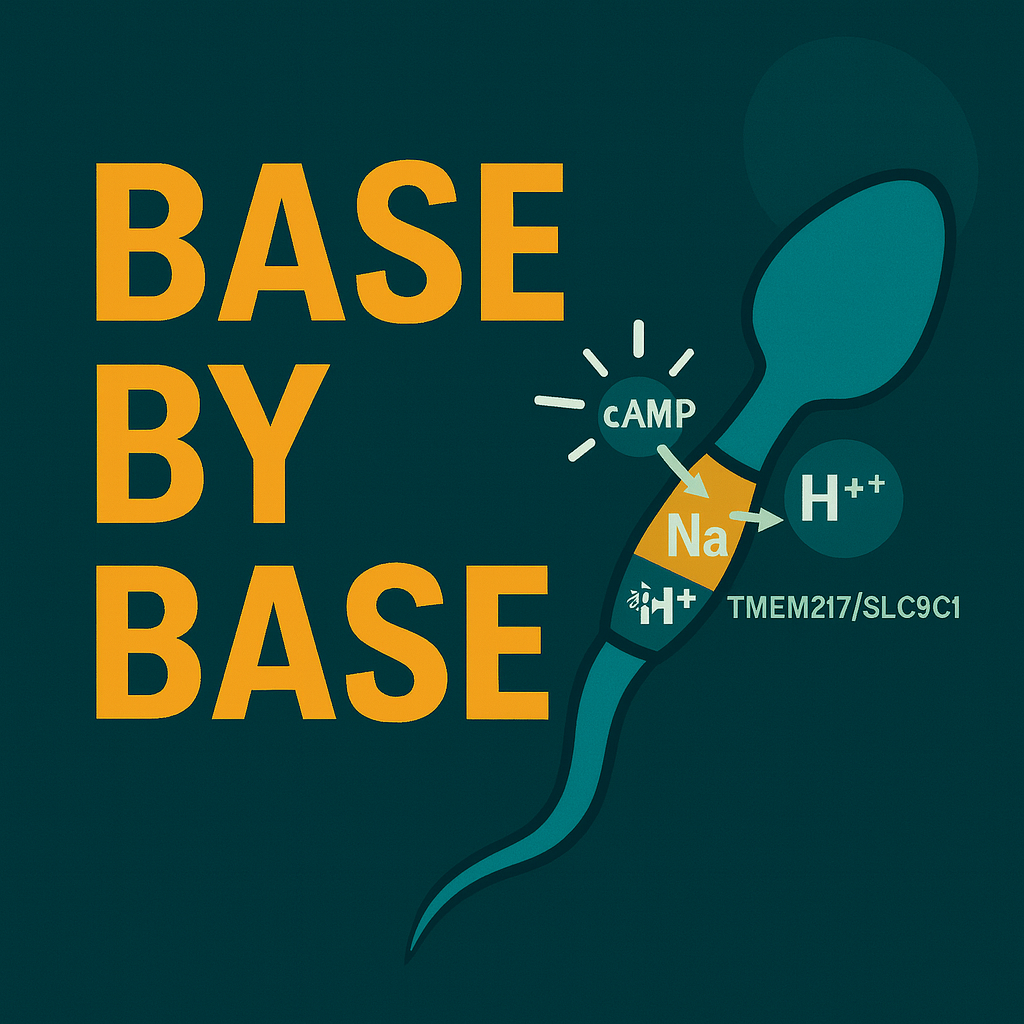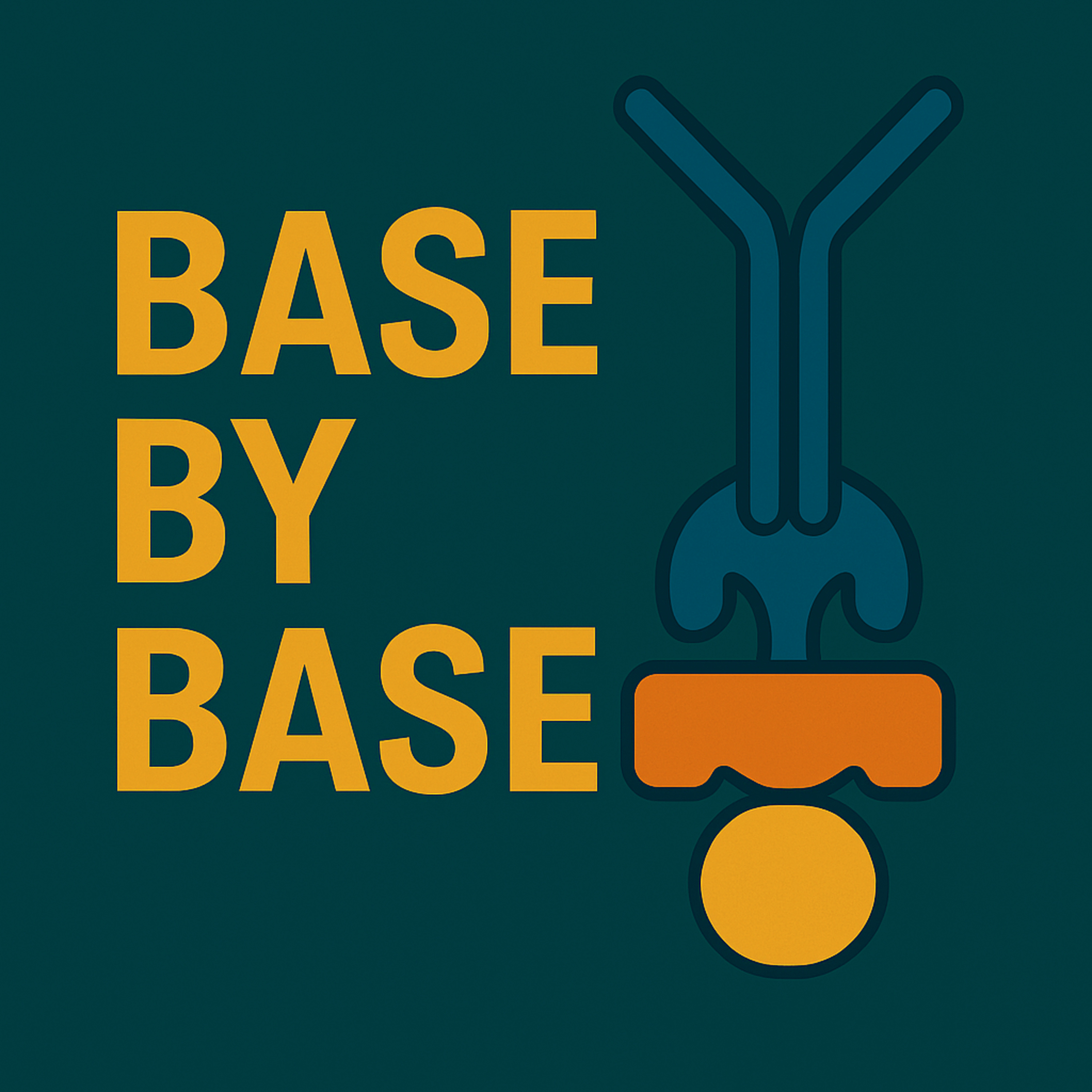Show Notes
️ Episode 96: Early Cerebrospinal Fluid Proteomic Changes in Down Syndrome and Alzheimer’s Disease
In this episode of PaperCast Base by Base, we explore a large-scale proteomic study comparing cerebrospinal fluid (CSF) profiles in individuals with Down Syndrome (DS), late-onset Alzheimer’s disease (LOAD), and autosomal dominant Alzheimer’s disease (ADAD). This study uncovers unique and shared molecular signatures across these conditions, with a particular focus on the early and progressive changes in DS-associated Alzheimer’s disease (DSAD).
Study Highlights:
Using tandem mass tag mass spectrometry, researchers profiled over 1000 proteins in CSF from 365 individuals, including 229 with DS across different stages of cognitive decline. They found that most proteomic alterations in DS occurred before the onset of Alzheimer’s symptoms and were linked to immune response, extracellular matrix remodeling, and plasma proteins, suggesting early disruption of the blood-brain barrier. Compared to LOAD and ADAD, DS showed earlier and more severe alterations in markers of white matter degeneration, synaptic dysfunction, and cerebral amyloid angiopathy. Protein co-expression network analysis identified modules correlated with disease progression and highlighted chromosome 21–encoded proteins and immune-related pathways as key features of DSAD. Notably, proteins like MFGE8 and NEFL changed earlier in DS than in ADAD, revealing a distinct temporal molecular trajectory.
Conclusion:
These findings demonstrate that Down Syndrome–associated Alzheimer’s disease has unique early molecular signatures that may inform tailored therapeutic approaches and improve clinical trial design.
Reference:
Johnson E.C.B., Fortea J., et al. Proteomic analysis of Down syndrome cerebrospinal fluid compared to late-onset and autosomal dominant Alzheimer’s disease. Nature Communications. 2025;16:6003. https://doi.org/10.1038/s41467-025-61054-z
License:
This episode is based on an open-access article published under the Creative Commons Attribution 4.0 International License (CC BY 4.0) – https://creativecommons.org/licenses/by/4.0/




